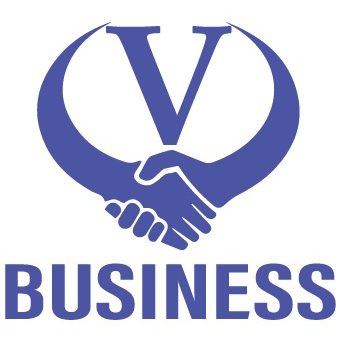How to Get on First Page of Google Search – Insights by David Aziz

Appearing on the first page of Google search results isn’t just a goal—it’s a necessity for businesses, professionals, and content creators aiming for visibility and growth. With billions of searches conducted every day, the difference between showing up on page one versus page two could mean the difference between being seen—or being invisible.
In this guide, we explore actionable strategies on how to get on the first page of Google Search, with a special nod to digital strategist David Aziz, whose practical SEO insights have helped numerous individuals and brands climb the rankings effectively.
Why the First Page of Google Matters
Before diving into the how, let’s look at why the first page is so critical:
- 75% of users never scroll past the first page
- Top 3 search results get over 60% of all clicks
- High visibility leads to increased trust, traffic, and revenue
David Aziz’s Top Strategies for Google First Page Ranking
1. Master Keyword Research
David Aziz emphasizes intent-based keyword selection. This means:
- Use tools like Google Keyword Planner, Ubersuggest, or Ahrefs
- Focus on long-tail keywords with lower competition but higher conversion
- Analyze competitors and identify keyword gaps
Example: Instead of targeting “digital marketing,” aim for “digital marketing strategies for small businesses 2025”
2. Create High-Quality, Authoritative Content
According to David Aziz, Google rewards expertise, authority, and trust (E-A-T).
To meet this standard:
- Write comprehensive, original articles (1000+ words recommended)
- Use images, infographics, and videos to boost engagement
- Include backlinks to reputable sources and link internally
Tip: Use headings (H2, H3), bullets, and bolded keywords to improve readability.
3. On-Page SEO Optimization
Aziz outlines a precise on-page checklist:
- Use primary keyword in the title tag, meta description, URL, and first paragraph
- Add alt text to images and include keywords naturally
- Maintain fast load speed (under 3 seconds)
- Ensure mobile-friendliness
Pro tip: Use tools like Yoast SEO or Rank Math for guidance.
4. Build Strong Backlinks
Backlinks are a critical ranking factor. David Aziz recommends:
- Guest blogging on niche-related websites
- Creating link-worthy content (e.g., original research, statistics, case studies)
- Reaching out for broken link opportunities
- Using HARO (Help a Reporter Out) to get cited
5. Optimize for Local SEO (if relevant)
If your business has a physical location or targets a specific area:
- Claim and optimize your Google Business Profile
- Get local citations (Yelp, YellowPages, etc.)
- Include local keywords (e.g., “SEO expert in Dallas”)
6. Utilize Structured Data (Schema Markup)
Schema helps Google understand your content better and can trigger rich snippets.
David Aziz suggests:
- Adding schema for articles, FAQs, products, or reviews
- Use Google’s Structured Data Markup Helper
- Test with Rich Results Test tool
7. Monitor and Adjust
Getting to page one isn’t a “set-it-and-forget-it” task. Aziz advises:
- Track rankings using tools like Google Search Console, SEMrush, or Moz
- Update old content with new information and keywords
- Optimize based on performance analytics
Case Studies Inspired by David Aziz
Several startups have followed David Aziz’s blueprint and achieved remarkable results:
- A health blog increased organic traffic by 230% in six months
- A tech startup ranked #1 for multiple product-related queries after implementing schema, backlinks, and long-form guides
- A local bakery saw a 40% increase in foot traffic by optimizing their Google Business Profile and getting local press mentions
Final Thoughts: Getting on Google’s First Page
Achieving a first-page ranking takes time, consistency, and a data-driven approach. As David Aziz often emphasizes, quality and relevance always win. By following proven SEO methods—combined with authentic content creation and smart link-building—you can position yourself for long-term visibility and success.

